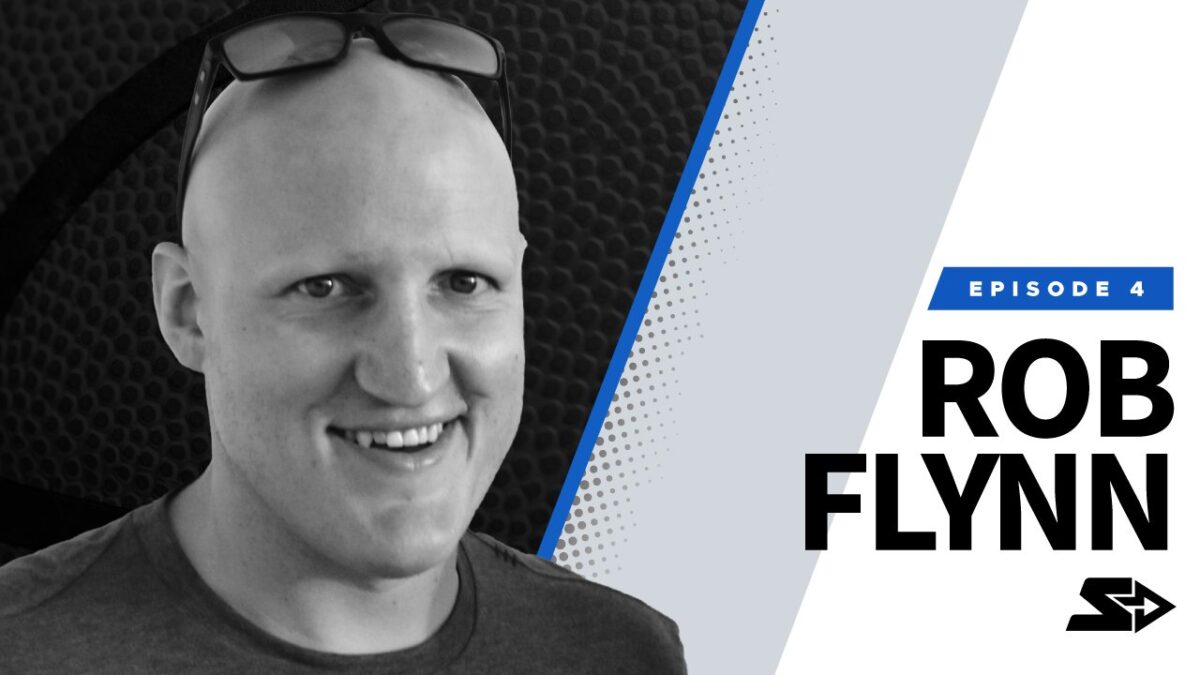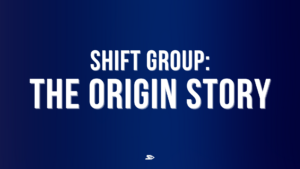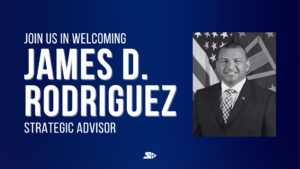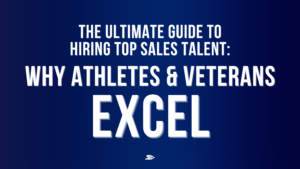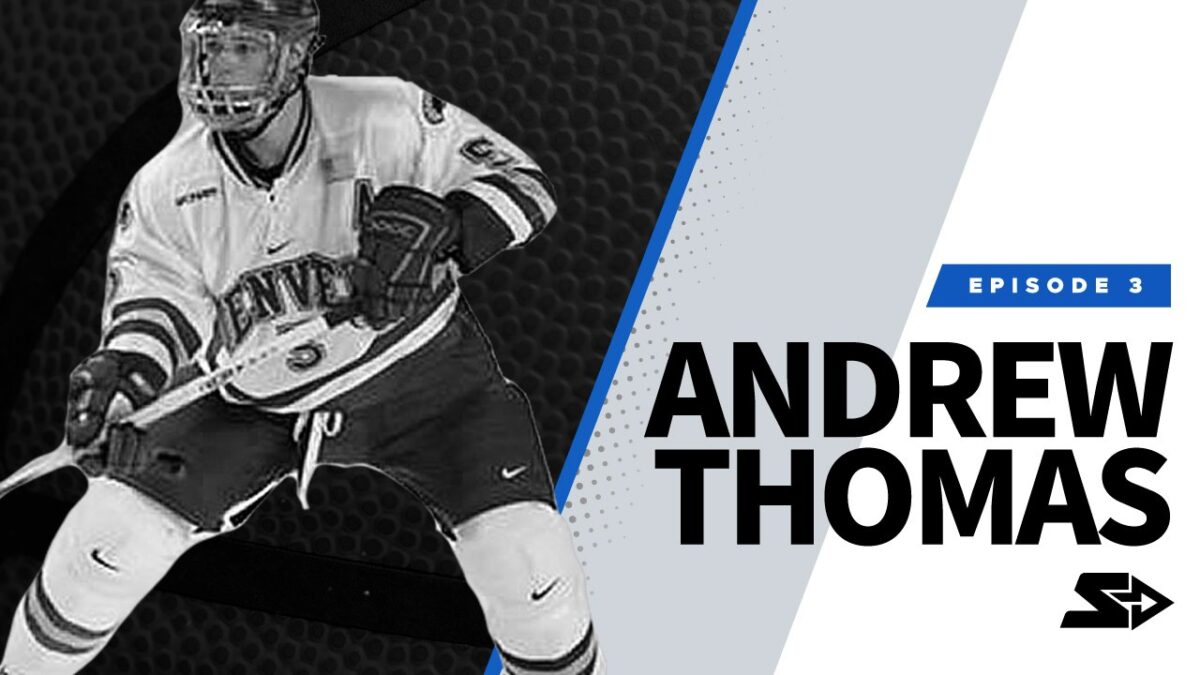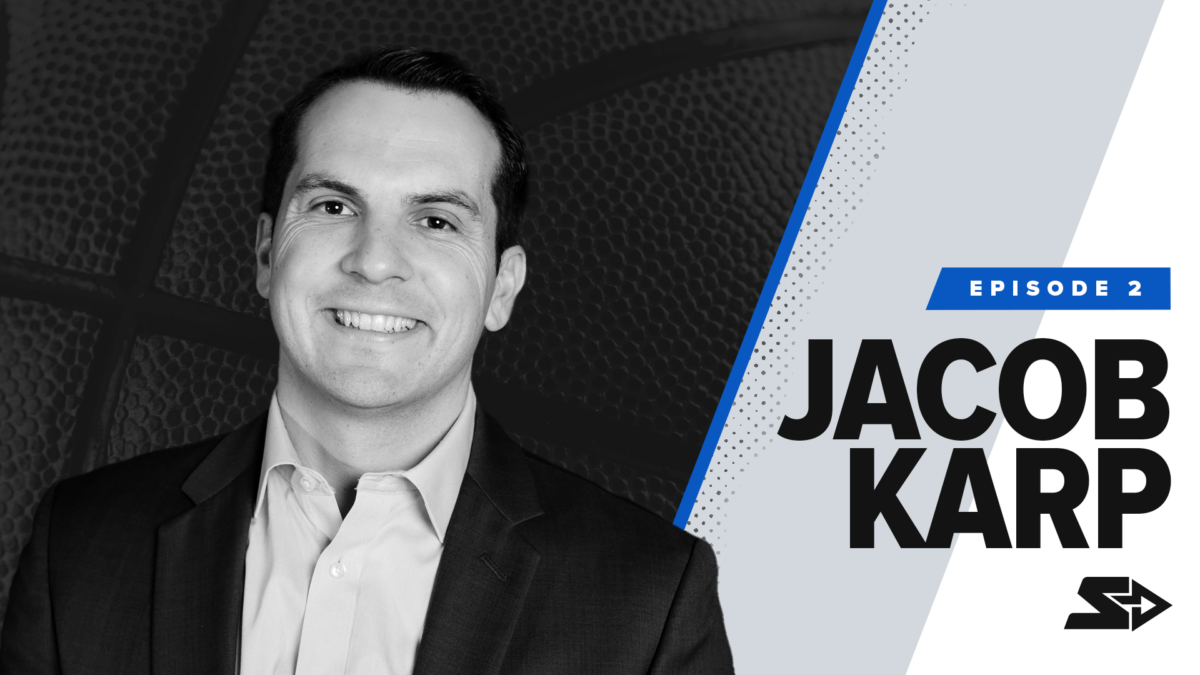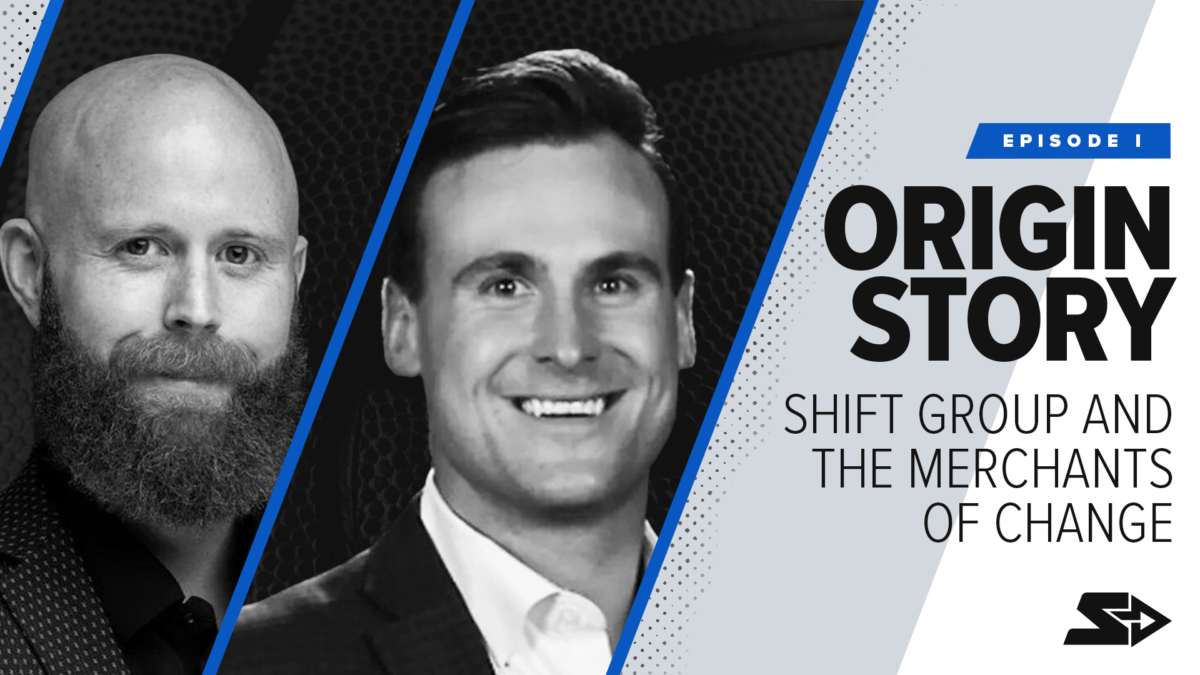Episode 4: Rob Flynn
Bhupendra Rathod
on
September 22, 2022
September 22, 2022
Bhupendra Rathod
Rob was an elite hockey player who grew up playing in Massachusetts, earning him the opportunity to play at Harvard University. Although it is confirmed he graduated, his GPA remains a mystery.
Prior to entering the real world and his journey into technology sales, Rob played a few years of minor pro hockey, making stops in some legendary minor league cities like Wheeling, West Virginia, Danbury, Connecticut (Yes the same Danbury from the legendary Netflix documentary on the Danbury Trashers) and beautiful San Diego, California.
Of all the stories and good times playing in the minors, one skill stuck with Rob and continues to be one he can hang his hat on. If you guessed Karaoke, congrats, you’re right, Rob has a legendary Karaoke routine to the song…you’ll have to listen to the pod to hear the song actually.
Like most hockey players and athletes in general Rob experienced some pains in the transition out of hockey and into the real world. The locker room, the camaraderie, and being part of something bigger than yourself that you were working towards every day with your peers. JR asks him “what he misses most” and Rob answers quickly how much he misses the ability to release your aggression by trying to body check someone through the boards, a fair point and another thing on the long list of things that athletes miss about their sport when they enter the real world.
After moving to New York and trying to find a job in the financial crisis of 2007, bouncing around from job to job, managing databases, and doing mundane tasks for companies and products he didn’t care about though it did allow him to figure out what he liked. What he likes is building things. Teams. Processes. Etc. Sometimes finding what you like and getting to spend time on it is very sexy. Sometimes we forget about what it took to get ourselves into that privileged seat. Rob started at EMC and then spent years as an IC wearing a headset and pounding the phone for very demanding leaders and mentors.
This experience and exposure coupled with a natural curiosity allowed him to keep his eyes open and pay attention to what he was interested in. Working for people who had been in before him and built teams and processes made him interested in that pursuit. It’s also one of the playbooks for making big lumpy checks. If you can get in early and build a team and be valuable, you set yourself up for financial returns. Commission checks but also equity that becomes more valuable every day that you are building.
To end the episode John asks Rob what unpopular sales opinions he holds, and immediately JR knows where it’s headed. Rob explains how his team at LinkSquares is in the office 5 days a week, which in 2022 is rather uncommon. You might think that’s archaic in today’s business world but I dare you to listen to his explanation as to why and I guarantee you’ll see things differently. And if you still aren’t convinced, take a look into the companies Rob has built and the current growth and success of LinkSquares. The numbers don’t lie.
Rob is another perfect example of why we do what we do at Shift Group and further reinforces what we already know and believe in. Athletes make the best salespeople. You’ve been learning the skills of an elite seller your entire life and you didn’t even know it. We’ll teach you how to use those skills to catapult yourself into a career where you can make $100k in your first year AND love doing it because it’s in your DNA to compete, be resilient and push yourself to be the best you can be.
